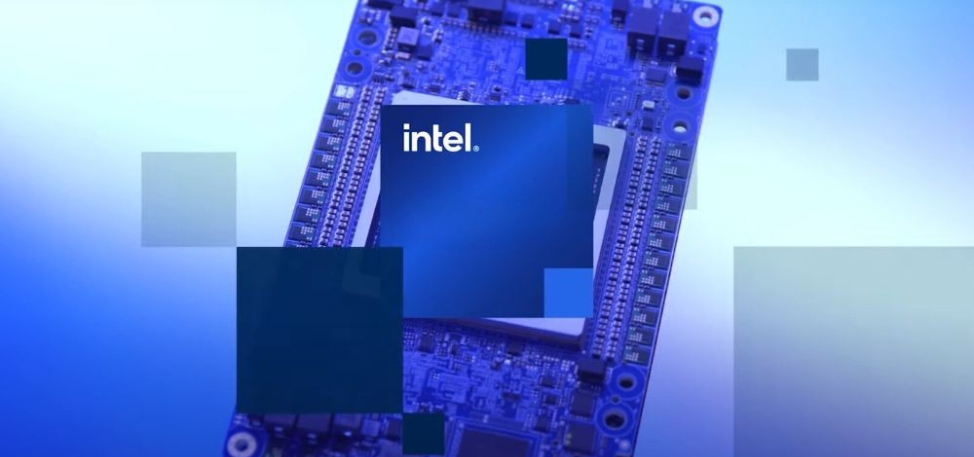Intel's Innovative Throttle: Tackling the Heat of Tomorrow's Tech
Boris Naltin
10 May 2024

s we edge closer to the frontier of technological advancement, the power and potential of next-gen PCIe devices, particularly the promising Gen 6, cannot be understated. Yet, this leap forward is not without its perils. Intel, a leader in the tech industry, has initiated a compelling approach to mitigate the looming thermal challenges anticipated with these high-bandwidth devices. This initiative introduces a driver specifically engineered for Linux, a move that piques the interest of tech enthusiasts and professionals alike.
The driver in development aims to dynamically adjust the PCIe link speed in instances where excessive heat threatens the optimal operation of devices. This means that for a device operating on a Gen 6 x4 link, the speed could be dialed back to x2 or x1 should the thermal conditions demand it. This smart throttling mechanism, however, underscores a larger issue in the tech industry: the escalating battle against heat. The introduction of such a solution by Intel suggests we're entering an era where managing device temperatures could significantly influence design and performance criteria.
On a practical note, the driver seems like a beneficial addition to the tech ecosystem, indicating a potential shift towards more adaptive and responsive hardware configurations. The application of such technology presents an interesting paradox; it is both a testament to the incredible speeds modern SSDs can achieve and a stark reminder of the physical limitations we continue to grapple with. For Linux users, this innovation may herald a new wave of user-centric solutions aimed at balancing performance with sustainability.
However, this initiative also casts a shadow of curiosity on the future of Windows compatibility and broader industry adoption. A collaboration between giants like Intel, AMD, Microsoft, and key players in the SSD manufacturing space could pave the way for a comprehensive solution across platforms. The potential impact on the design and manufacturing of future SSDs cannot be understated, possibly ushering in a new era where efficiency and thermal management take precedence over sheer speed.
In conclusion, Intel’s proactive steps towards managing the thermal footprint of next-gen PCIe devices mark a critical juncture in our ongoing quest for faster, more efficient technology. As we navigate this new terrain, the balance between performance, power consumption, and thermal efficiency will undoubtedly shape the future of computing. This pivot towards intelligent, adaptive solutions signifies a promising yet challenging road ahead, one where innovation continues to redefine the edges of what is possible.
